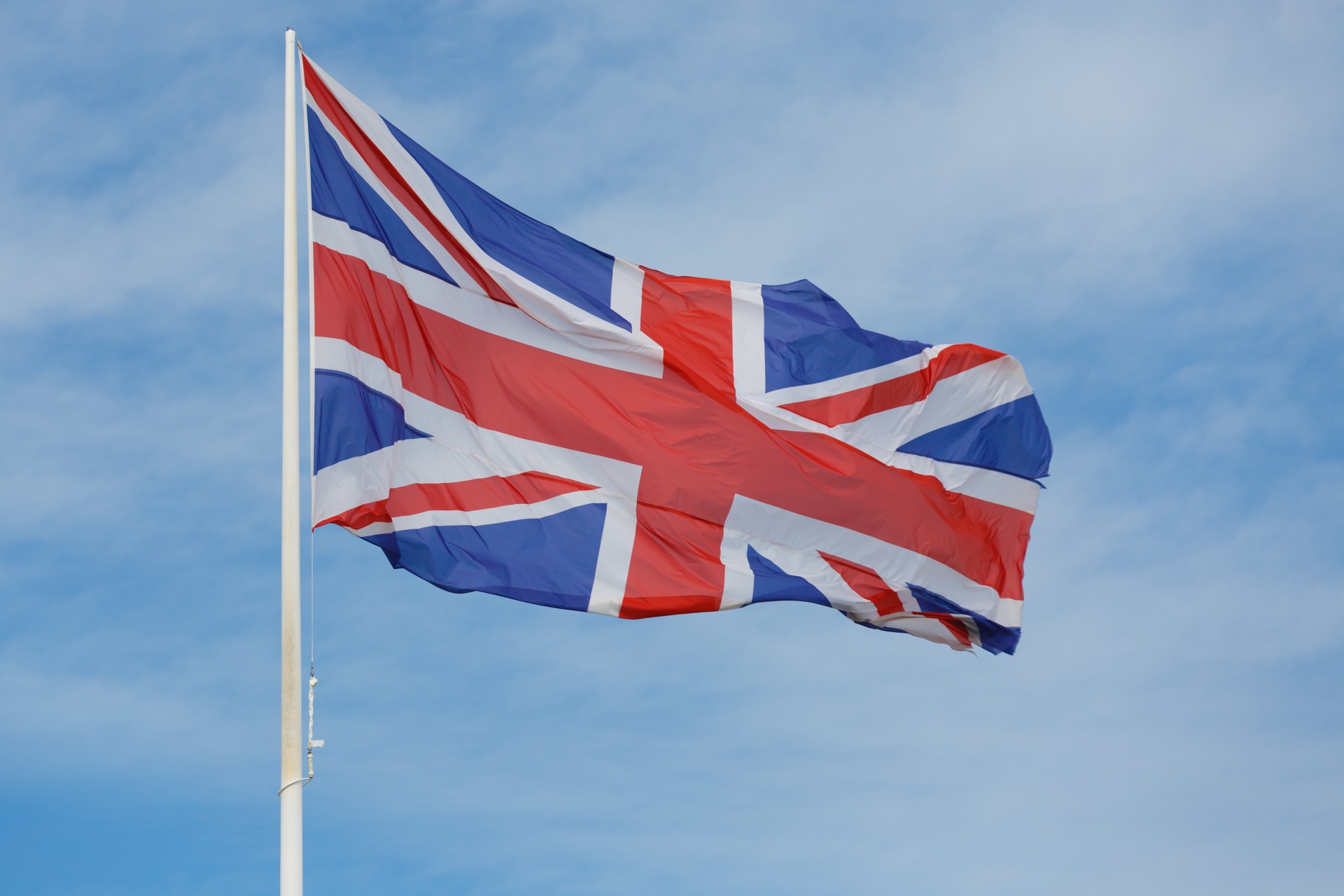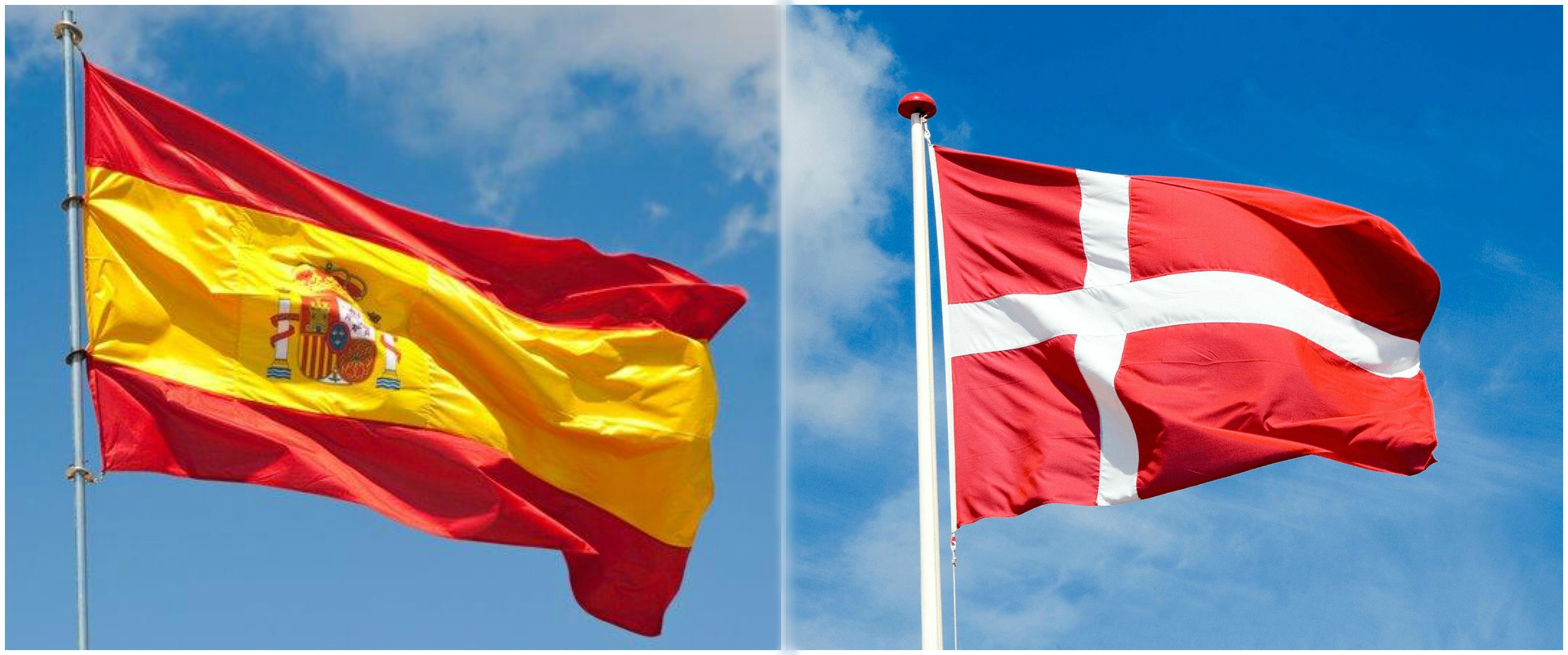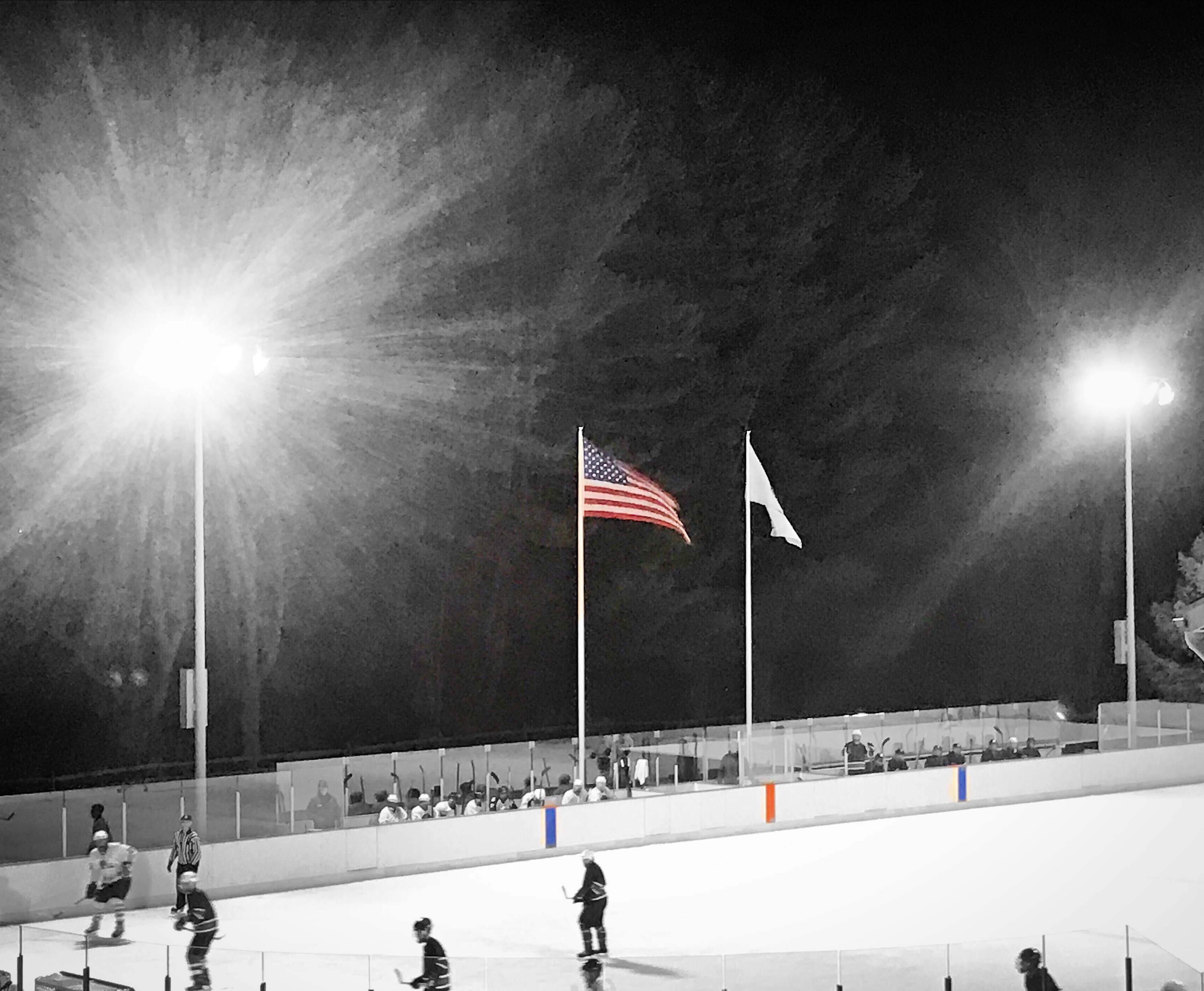We head to the United Kingdom to take a look at cystic fibrosis care in the next installment of Cystic Fibrosis Around the World.
Today you’ll meet William Marler, 22 years old living with CF, from Birmingham, England. William and I have gotten to know each other a bit over the past couple of months as he is very active in the international CF community with a number of different projects. He certainly does a great job of taking care of himself, so I felt that he would really be a great interview for this blog series. If you want to learn more about William’s life, take a listen to last week’s Making it Matter podcast where he joined Julia Rae and I for an episode.
Birmingham, England, United Kingdom, William Marler, 22, living with cystic fibrosis.
- About how many people in your country have cystic fibrosis?
10,000
- Do people in your country know what CF is?
From my experience, very few have heard of it, and if they have, don’t understand it. Only those in the community have ever fully understood it.
- When were you diagnosed? Why were you tested?
I was diagnosed via the Gutherie sweat test at a few weeks old because they were trialing the test, so I was diagnosed through nothing but very lucky circumstances.
- Were you encouraged to be open about your CF? Do your friends and family know that you have CF?
I was never actively encouraged or discouraged, I felt that as a part of me, it was my choice to mention it to friends (just like if I had a dog or whatever). All my family knew about it, and my friends knew about it but never to a deep extent.
- Does your insurance/healthcare cover costs? Does it fully cover all medications and treatments available to patients with CF? Does government provide your healthcare or is insurance offer privately?
The National Health Service has provided me with free care and treatment all my life and free medication up to the age of 18. From 18 onwards I’ve paid for meds through a pre-payment of around £130 ($160), which covers an unlimited amount of meds of all kinds.
- Do you have access to drug studies/trials? Do you have access to new medications?
I’ve participated in trials all my life and had some access to new meds. I’m not eligible for Kalydeco or Orkambi because of my genotype, but others are in my country.
- Who is on your CF care team? (Doctors, nurses, etc.)
My care team consists of Doctors, Nurses, Physiotherapists, a Dietician, a Psychologist, and a Social Worker.
- How far away is your CF clinic? Is there a difference between adult/child clinic/care for CF?
My CF clinic is based at my childhood home region, so is 1 hour drive away. At the age of 16, I started transitioning to adult clinic and fully moved over a year later. I can’t think of any major differences between child and adult’s clinic.
- How often do you go to the doctor (non-emergency)? Is it easy to get an appointment? What do you do in case of emergency?
I have a non-emergency appointment every 6-8 weeks, and they are booked in at the end of my previous appointment. I’ve found it very easy to book an emergency appointment if required, and if not, advice and guidance has often been provided over the phone.
- If you need IV antibiotics, can you do them at home or do you need to stay in the hospital?
I have always been given the option of either but have always chosen to have them in the hospital, as I feel more comfortable doing so. I’ve been asked every time which I would prefer.
- Is the Vest a typical treatment option? What other treatments are common in your area? Which are not?
I’ve never used the vest, never even tried it, but I know of other UK patients who have used it their whole life. I swear by the PEP Mask treatment as it’s worked for me since starting it around 14 years ago. Before that I used the wedge when my parents treated me. I’ve also tried the Acapella but didn’t find it as effective.
- Are you encouraged to exercise? Specific?
I’ve been encouraged to exercise my entire life by my parents and medical team, and it’s always been a topic of discussion at clinic visits. Various sports and activities were suggested throughout the years, but the most amazing suggestion was by my child physiotherapist who recommended the CouchTo5k running plan. I’ve been a keen runner ever since and have ran 5k, 10k, Half Marathon races and a Marathon race. Interestingly, I have also had recommendations of the opposite effect, specifically after I did the London Marathon in 2015. I had the idea of completing all 6 major world marathons, but due to the effect that London had on my health, my doctors suggesting reigning in the running to more manageable distances in future, for my own safety and wellbeing.
- What CF specific medications/therapies have been developed in your country? Does your country promote new drugs?
There have been various new drugs throughout the years in this country, whether they originated here I do not know. Manitol for example was one I tried when I was a teenager as part of a trial. The promotion of Kalydeco and Orkambi have been very strong in this country recently.
- What role does nutrition play in your CF care? Do you have a feeding tube? Do you have CFRD (diabetes)?
I am pancreatic insufficient so take enzymes, but have no other problems. My diet has always been a large part of my care: having enough fatty/salty food, and having a healthy, balanced diet.
- What do you wish could be better about your nation’s care for CF patients?
I can’t think of any improvements to care that are based on nation, in fact I’m very proud of our NHS and feel very lucky that I receive treatment and care for free.
- What do you know about CF Lung Transplants?
I know a small amount through speaking with others for a podcast project, but before then I had no information about it. I am aware that it is as a result of low lung function and decreasing quality of life or can be due to an emergency situation. I know that it involves being listed, which can last years, until a match is found. I’ve been told too that a year after the transplant takes place, the patient has an opportunity to contact the donor’s family. Although I’ve never been told this at clinic, I am aware that a transplant is inevitable for most patients.
- Did you go to college/university or advance your education elsewhere (Or plan to go to college/university)?
Were you encouraged? I went to University and was always encouraged by family and medical professionals. I felt that advice was given to me by both groups in the same way that anyone going to Uni would receive: i.e. living away from home, socialising, increased workload etc.
- What is the National CF Foundation (if there is one)? Does this Foundation (if there is one) provide assistance in every day life and education? (example: scholarships, transplant aid, educational materials, etc.)
We have the CF Trust, which I’m in close contact recently for my podcast project, but had limited interaction with before that point. The CF Trust’s main objective is research, but I believe they are starting to provide assistance to patients in the “here and now”. Although they are the main UK charity, others exist such as Cystic Fibrosis Care. They focus more on the “here and now”, such as providing patients medical equipment, or IT equipment.
- Is there anything else you would like to add? Is there anything specific or unique about CF care in your country compared to the rest of the world that you know of?
As I said, I’ve been very lucky to have all of my treatment and care for no direct charge. Our National Health Service receives a lot of negative attention because indeed it does have flaws, but it’s the reason I’m not just well, but alive in the first place.
Update 5/24 2:05pm EST: It has come to my attention that the answer to question number 6 may be misleading to certain readers. Per the CF Trust: “Orkambi…is not currently provided by the NHS except in rare cases on compassionate grounds.”





